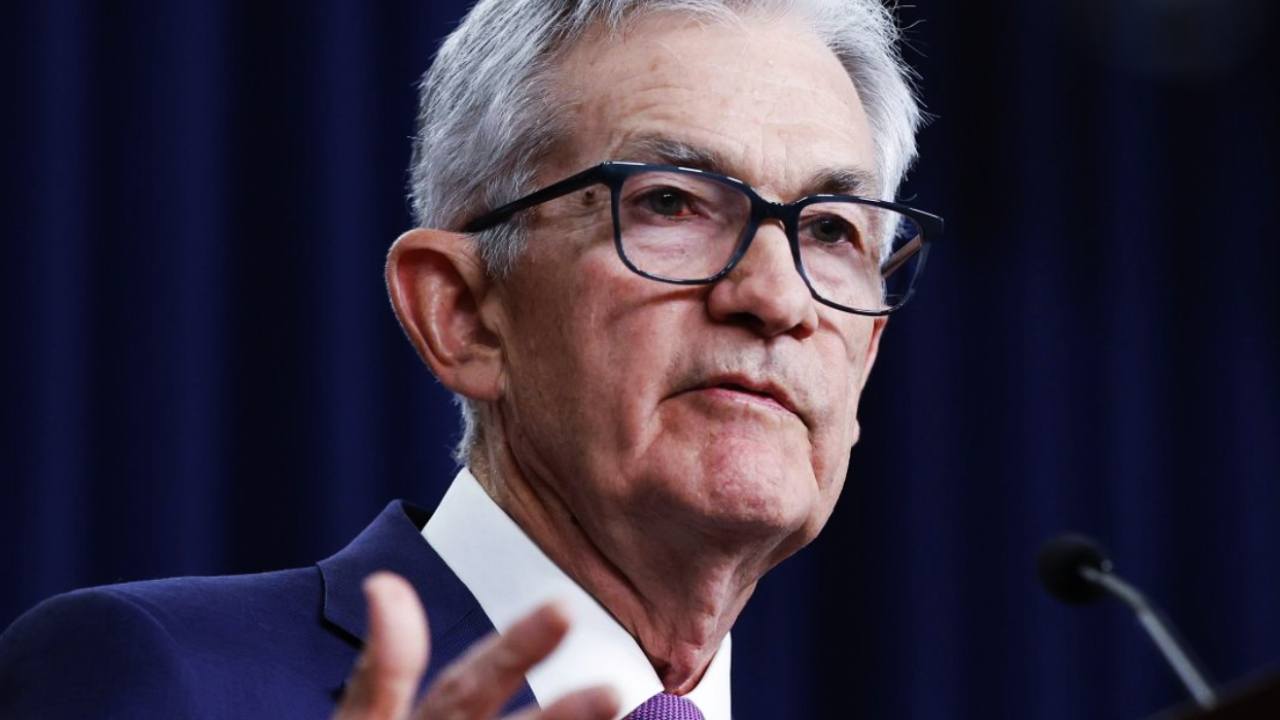The Federal Reserve, a cornerstone of the U.S. financial system, is facing unprecedented scrutiny as Federal Housing Finance Agency (FHFA) Director Bill Pulte calls for a congressional investigation into Fed Chair Jerome Powell. The controversy stems from Powell’s testimony regarding a $2.5 billion renovation of the Federal Reserve headquarters, with Pulte accusing him of “deceptive” statements and potential political bias. This situation raises critical questions about the Fed’s independence, transparency, and the broader implications for financial markets and the economy.
The Accusations: A Closer Look at the $2.5 Billion Renovation
The heart of the controversy lies in the Federal Reserve’s decision to undertake a $2.5 billion renovation of its headquarters. While infrastructure upgrades are often necessary, the scale of this project has drawn significant criticism, particularly in an era of heightened scrutiny over government spending. Pulte’s accusations focus on Powell’s testimony before Congress, where he allegedly misled lawmakers about the renovation’s specifics.
The Federal Reserve operates with a degree of independence to shield monetary policy from short-term political pressures, allowing it to focus on its dual mandate of price stability and maximum employment. However, this independence also subjects the Fed to public and political debate, especially when large expenditures are involved. The key questions revolve around the necessity of the renovation, the justification for the $2.5 billion cost, and the transparency of the bidding and contracting processes. Critics argue that the project may extend beyond essential repairs, suggesting it includes “luxury” upgrades.
Bill Pulte’s Motivations: Political, Policy, or Personal?
Understanding Pulte’s motivations is essential to assessing the credibility and potential impact of his accusations. Several factors could be at play:
Potential Ramifications: Uncertainty for the Fed and Markets
The call for a congressional investigation into Powell carries significant implications for the Federal Reserve and the broader financial system:
The Path Forward: Transparency and Accountability
Regardless of the investigation’s outcome, the current situation underscores the importance of transparency and accountability at the Federal Reserve. The Fed must proactively communicate its policies and decisions to the public and Congress, addressing legitimate concerns about its operations. Increased transparency can build trust and confidence, while accountability mechanisms can ensure the Fed acts in the public’s best interest.
Any investigation into Powell’s conduct should be conducted fairly and impartially, focusing on uncovering facts rather than engaging in politically motivated attacks. The integrity and independence of the Federal Reserve are vital for maintaining economic stability, and actions that undermine these principles could have serious consequences for the U.S. economy and the global financial system.
Conclusion: A Test of the Fed’s Resilience
The accusations against Jerome Powell represent a significant challenge for the Federal Reserve. The outcome of this situation will determine not only Powell’s future as Fed Chair but also the Fed’s independence, credibility, and ability to manage monetary policy effectively. This moment serves as a reminder that even institutions designed to operate outside political battles are not immune to scrutiny and controversy. The Fed’s ability to navigate this challenge with transparency, accountability, and a focus on its dual mandate will be crucial for maintaining economic stability and preserving public trust. The resilience of the Federal Reserve in the face of this controversy will ultimately shape its role in the years to come.





